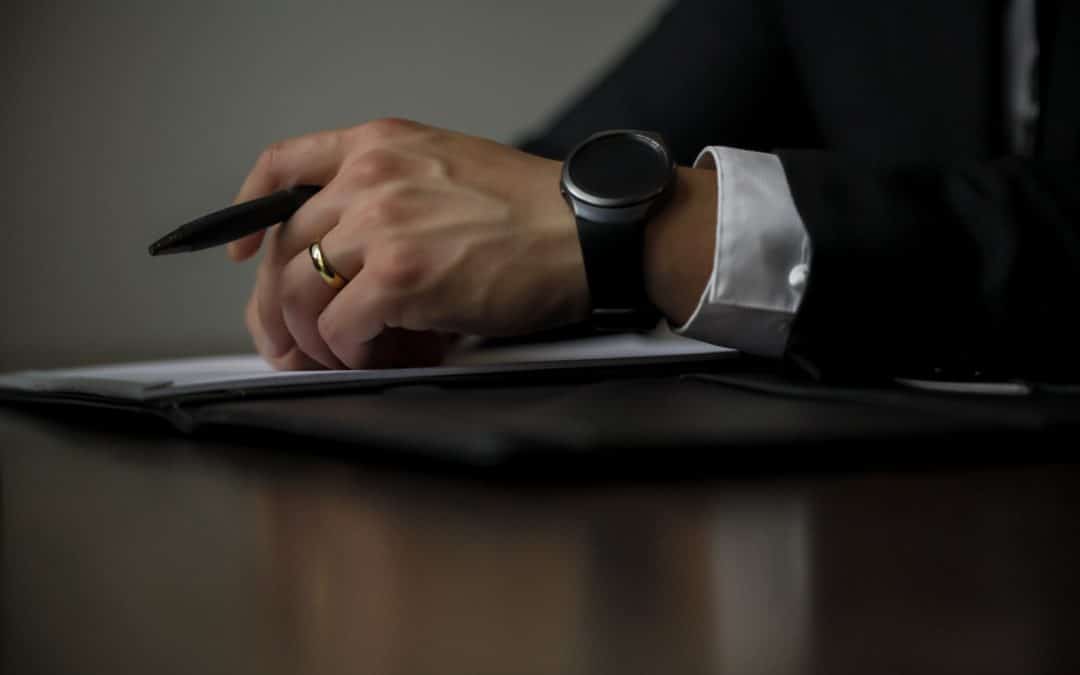7 Things to Ask When Hiring a Lake Nona Personal Injury Lawyer
Thinking of hiring a Lake Nona personal injury lawyer? You may find that the space is quite crowded. Almost daily we’re bombarded with advertisements on television, radio and even billboards of different attorneys offering their services and figuring out who to hire can be a confusing and stressful situation. In the article below, we’ll list some of the questions you may want to ask before deciding on a Lake Nona personal injury lawyer to handle your case.
“Have you handled this type of case before, and how often?”
“Personal Injury” is a broad term, and there are quite a few different cases that are categorized under it. The most common are:
- Traffic accidents
- Work accidents
- Slip and fall/Tripping accidents
- Animal Bites
- Product defect accidents
- Medical malpractice/negligence claims
- Defamation
Many personal injury lawyers have handled several of these types of cases, but only a few have handled all of them. You should look for an attorney that has a good deal of experience handling your type of situation, so that they can provide the best level of service possible. An attorney who’s handled your type of situation on a consistent basis will have access to better investigators and experts who can help build your case.
“How much courtroom experience do you have?”
Most civil cases don’t go to trial, but that doesn’t mean trial experience should not be on your list of concerns. If your case does go to trial, having an experienced attorney can make all the difference. If an attorney has little courtroom experience, this can indicate that they might be afraid to be in court. If this is the case, that gives the defendant the opportunity to make a lower settlement offer. If your attorney is afraid of being in court, they’ll encourage you to accept this offer in order to avoid going to trial.
“What is your fee?”
Most attorneys representing the plaintiff will work under what is known as a contingency fee arrangement. This means that they accept a fixed percentage of the recovery amount, typically a third. If you win the case, the money comes out of the amount of money awarded to you. So, if you win $150,000 the attorney would receive $50,000 of that. This is just an estimate though, and the exact amount is subject to many variables.
There are some pros and cons to a contingency fee arrangement. One of the biggest advantages for most people is that they do not have to pay their lawyer up front and are not faced with large legal fees while waiting for their case to work its way through the courts. The disadvantage? You may end up paying your lawyer more than what the standard hourly billing rate may have been.
“What are ‘case costs’, who pays them, and when are they paid?”
So outside of the contingency fee or hourly rate that you’re going to be paying, there are other costs associated with bringing your case to court. These costs include court filing fees, expert witness fees, administrative fees, and information gathering expenses. If you win your case, you will pay these expenses. If you’re working with a lawyer under a contingency agreement and arrange to have these fees paid “off-the-top”, they will come out of your recovery amount first, and then your lawyer will receive 30% of the remaining balance. However, if the fees are paid after your attorney is paid, you will have to deduct those fees from the remaining recovery amount. If you lose your case, who pays this cost will be dependent upon your individual agreement with your lawyer. If you’re in a tough financial situation, try to find a lawyer who will absorb these costs. If you’re able to pay these fees regardless of whether you win or lose, you may be able to negotiate a lower contingency fee.
“Who will do the work for my case?”
In most cases, attorneys don’t handle every aspect of a client’s case. Oftentimes, a paralegal or legal secretary take care of things such as preparations of letters and legal documents. If you’ve hired a senior attorney, they may have one of their junior associates handle much of the legwork while they handle more complicated issues and supervise the junior associates progress.
“Will I win? How much will I get?”
This is another question that you’ve probably already been pondering, but don’t expect any attorney to give you an exact answer. In some cases, for ethical reasons, the attorney may not even be able to give you an answer in order to avoid exaggerating the potential of your case and providing unrealistic expectations. It’s recommended to reach out to multiple attorneys and keep track of their responses to this question, as they should all be within the same range. If someone is promising significantly more, be cautious. Ask them for an adequate explanation on why they think your case is worth that much more. Keep in mind that most attorneys will not take your case unless they things they can win.
“Are you a member of any organizations that specialize in personal injury cases?”
Yes, there are organizations for attorneys that specialize in your kind of situation. These organizations provide extensive education for their members, ensuring that that lawyer is able to provide you with the highest level of representation. These organizations include American Association for Justice, previously Association of Trial Lawyers of America (ATLA) and state affiliates like Florida Justice Association (FJA) and Central Florida Trial Lawyers Association (CFTLA)
If you ask these questions, you will be able to select the best Lake Nona personal injury lawyer for your individual case and circumstances. If you would like to schedule an appointment with us, please contact us.


Recent Comments